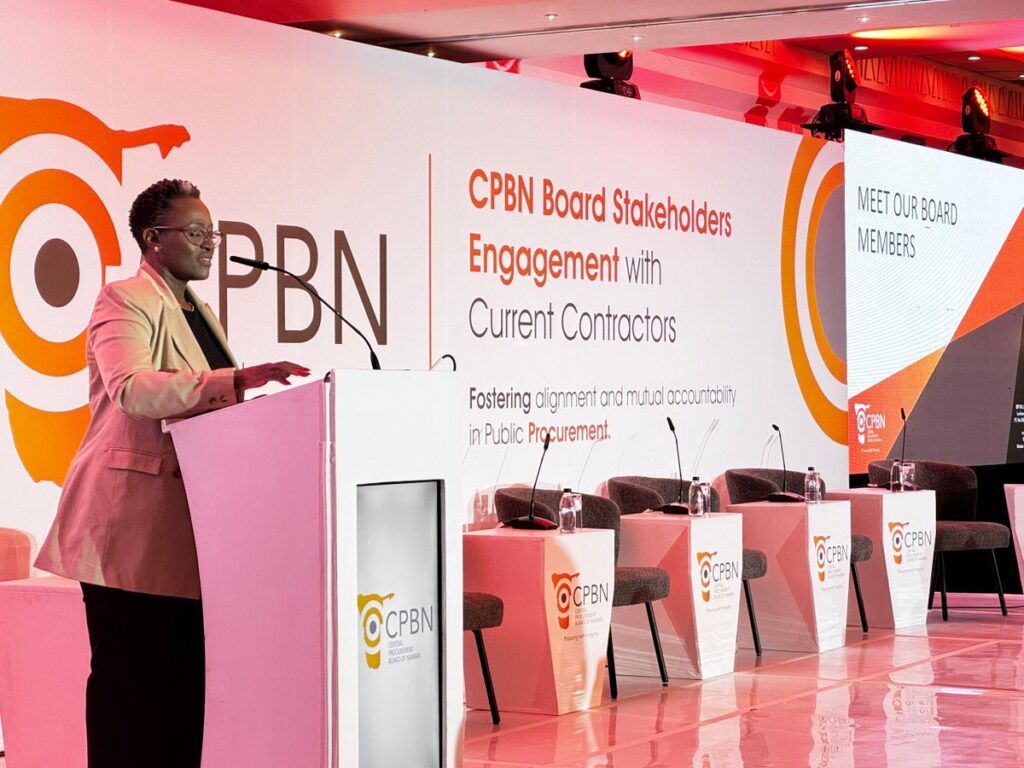
The Central Procurement Board of Namibia (CPBN) has reported that while 64% of public projects were on schedule by 30 June 2025, a number of key initiatives continue to face serious delays and challenges.
Board member Julinda !Garus-Oas said that out of a total of 180 projects, 115 were on track, 16 (9%) were behind schedule, 17 had commenced within the past three months, eight had been completed, 20 were yet to be determined, and three were on hold.
“As at 30 June 2025, a total of 115 projects, representing 64 percent, are on schedule. Sixteen projects, accounting for 9 percent, are behind schedule, while 17 projects, also 9 percent, have commenced within the last three months. Furthermore, 8 projects, or 4 percent, have already been completed,” she said.
She noted that 16 works projects had suffered significant delays, including schools such as the New Primary School at Mix Settlement, Onkumbula Combined School in Oshikoto, Pendukeni Ivula Ithana Secondary School, Oshikunde Combined School in Ohangwena, and Tubusis Primary School. Other delayed works include a healthcare centre, water canal and pipeline projects, and road rehabilitation schemes. The delays range from 45 days to more than 1,500 days.
!Garus-Oas attributed the setbacks to late invoice payments by public entities, product shortages, long lead times, non-compliance with labour laws, staff resignations, and capacity gaps.
“One of the key mechanisms to mitigate risks in performance is the performance security requirement. Every successful bidder is required to furnish a performance security within 30 days of acceptance. This security acts as compensation in the event of non-performance. Once a contractor fulfils their obligations, the performance security is duly discharged,” she said.
She stressed that no project sites had been abandoned, and highlighted successful completions such as the Nkurenkuru Vocational Training Centre, Swakopmund Primary School, the Omahenene Olushandja Canal Part 1, and the Kunene Omatando Substation.
CPBN chairperson Mary Shiimi said that despite progress, persistent challenges remained.
“Allow me to speak frankly. Many projects exceed their budgets, and the quality of some completed projects raises concerns, particularly regarding security. Security guards are often not paid in accordance with wage orders, and meals and other services sometimes fall short of the required specifications,” Shiimi said.











